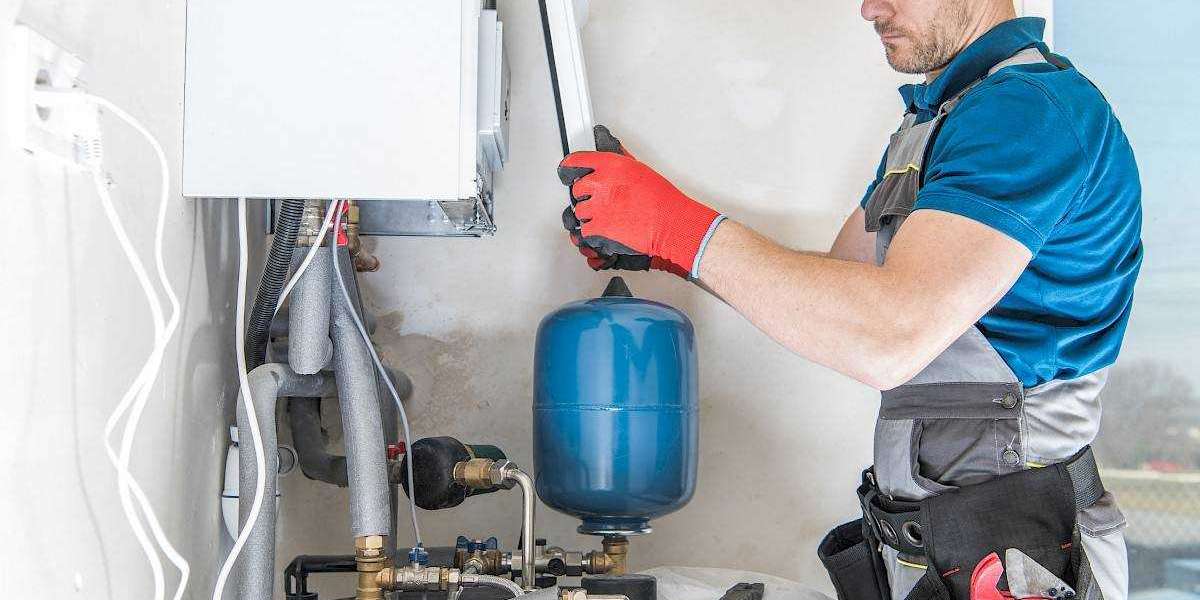When it comes to keeping your property warm and ensuring a steady supply of hot water, selecting the right boiler system is crucial. Whether you're replacing an old unit or installing a new one, understanding the different types of boilers, their efficiency, and installation requirements can help you make an informed decision. In this guide, we’ll explore key factors to consider, the benefits of a reliable boiler system installation, and why you might want to install tankless water heater units for better efficiency.
Understanding Different Types of Boiler Systems
1. Combi Boilers (Combination Boilers)
Combi boilers are a popular choice for smaller properties because they provide both heating and hot water directly from the boiler without needing a separate tank. They are compact, energy-efficient, and ideal for homes with limited space.
2. System Boilers
System boilers require a cylinder for storing hot water but don’t need a tank in the loft. They are suitable for medium to large homes with higher hot water demands.
3. Conventional Boilers (Regular Boilers)
These boilers require both a hot water cylinder and a cold-water storage tank, making them best suited for larger homes with multiple bathrooms.
4. Install Tankless Water Heater (On-Demand Boilers)
Tankless water heaters provide hot water only when needed, eliminating the need for a storage tank. They are highly energy-efficient and perfect for properties with limited space.
Key Factors to Consider When Choosing a Boiler
Energy Efficiency
Look for boilers with high AFUE (Annual Fuel Utilization Efficiency) ratings. Condensing boilers are among the most efficient, as they reuse heat from exhaust gases.
Property Size and Hot Water Demand
A small apartment may only need a combi boiler, while a large household may require a system or conventional boiler with a storage cylinder.
Fuel Type
Boilers can run on natural gas, oil, electricity, or propane. Choose one that aligns with your local fuel availability and costs.
Reliable Boiler System Installation
A proper installation ensures optimal performance and longevity. Always hire certified professionals to avoid common issues like leaks, poor efficiency, or frequent breakdowns.
Benefits of a Reliable Boiler System Installation
- Improved Efficiency – Proper installation maximizes energy savings.
- Longer Lifespan – Reduces wear and tear, extending the boiler’s life.
- Safety Assurance – Prevents gas leaks or carbon monoxide risks.
- Lower Maintenance Costs – Reduces the likelihood of costly repairs.
Why You Should Install Tankless Water Heater
- Endless Hot Water – No waiting for a storage tank to refill.
- Space-Saving – Compact design frees up storage space.
- Lower Energy Bills – Heats water only when needed, reducing energy waste.
Maintenance Tips for Your Boiler System
- Schedule annual servicing to ensure efficiency.
- Bleed radiators regularly to remove trapped air.
- Monitor pressure levels and top up if necessary.
- Insulate pipes to prevent heat loss.
Conclusion
Choosing the right boiler system depends on your property size, hot water needs, and energy efficiency goals. Whether you opt for a combi, system, conventional boiler, or decide to install tankless water heater, ensure you invest in a reliable boiler system installation for optimal performance. By considering these factors, you can enjoy a warm, energy-efficient home for years to come.
FAQs
1. How often should I service my boiler?
Annual servicing is recommended to maintain efficiency and safety.
2. Is a tankless water heater more efficient than a traditional boiler?
Yes, tankless heaters are more energy-efficient since they only heat water on demand.
3. What’s the average lifespan of a boiler system?
Most boilers last between 10-15 years, depending on maintenance and usage.




